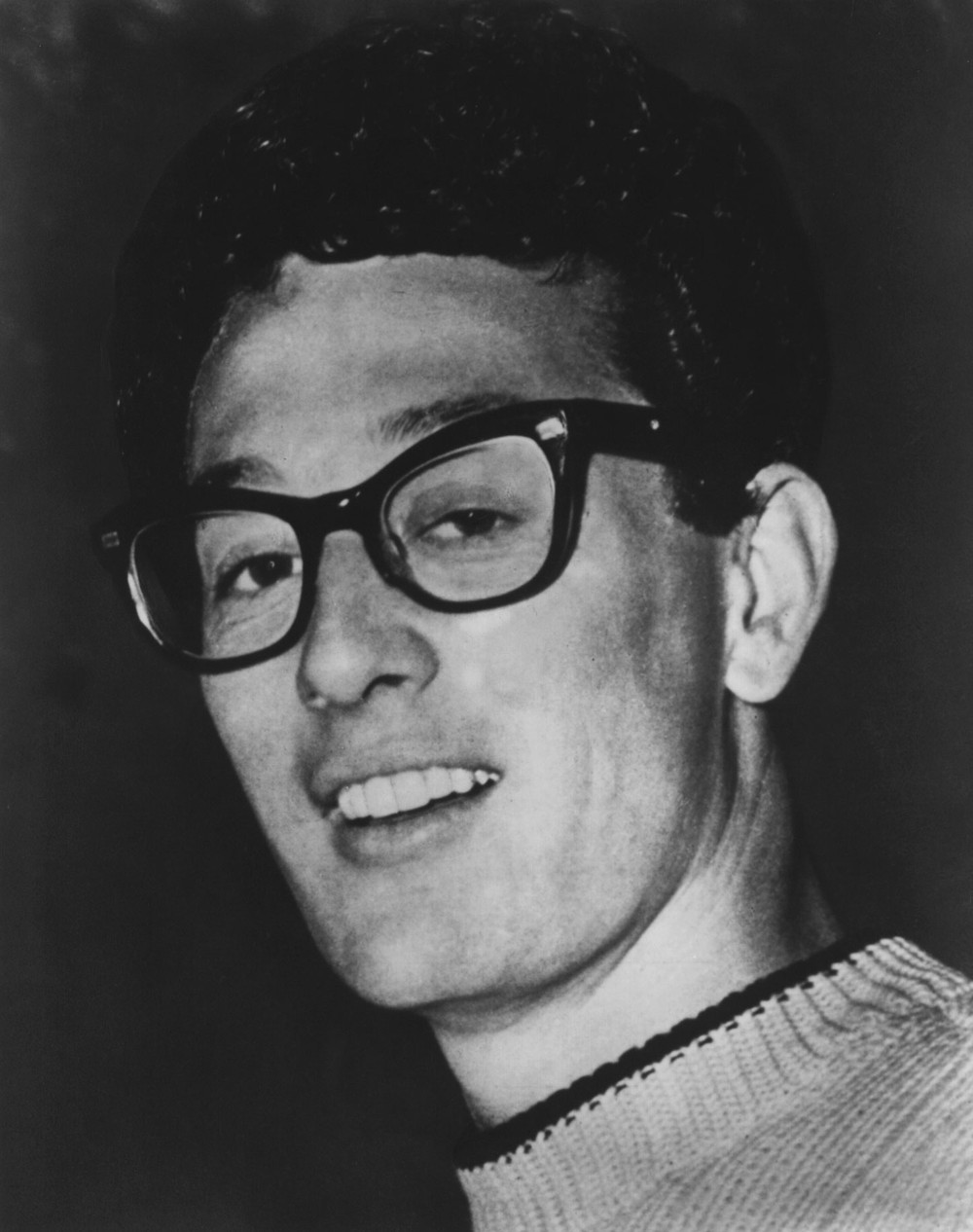Unraveling The Tragic End: How Did Buddy Holly Die?
Buddy Holly, a name synonymous with rock and roll, left an indelible mark on the music industry in his brief but impactful career. His innovative sound and songwriting skills inspired countless artists, shaping the landscape of popular music. However, the music world was shaken on February 3, 1959, when Holly's life was tragically cut short in a plane crash. This event not only ended the life of a musical genius but also ignited numerous questions about the circumstances surrounding his untimely death. As we delve into the details of Holly's life and the events leading up to that fateful day, we cannot help but reflect on the legacy he left behind.
Born Charles Hardin Holley on September 7, 1936, in Lubbock, Texas, Buddy Holly was a pioneer of rock music, known for his distinctive voice and innovative use of the studio. His contributions to the genre are celebrated even today, but it is the mystery and tragedy of his death that continues to captivate fans and historians alike. In this article, we will explore the life of Buddy Holly and the fateful events that led to his demise, seeking to answer the question: how did Buddy Holly die?
As we navigate through the narrative of his life and career, we will also address the impact of his death on the music industry and his lasting legacy. Holly's story is one of talent, innovation, and ultimately, tragedy—a tale that serves as a poignant reminder of how fleeting life can be.
What Was Buddy Holly's Background?
Buddy Holly was born into a musical family, which played a significant role in shaping his career. He started playing guitar at a young age and was influenced by various genres, including country and rhythm and blues. Holly's unique style blended these influences, and he quickly gained recognition in the music scene.
Buddy Holly's Personal Details and Bio Data
| Detail | Information |
|---|---|
| Full Name | Charles Hardin Holley |
| Date of Birth | September 7, 1936 |
| Place of Birth | Lubbock, Texas, USA |
| Occupation | Musician, Singer-Songwriter |
| Genres | Rock and Roll, Country |
| Years Active | 1956–1959 |
| Notable Songs | “Peggy Sue,” “That’ll Be the Day,” “Everyday” |
| Date of Death | February 3, 1959 |
How Did Buddy Holly's Career Begin?
Buddy Holly's career took off in the mid-1950s when he formed a band called The Crickets. Their unique sound, characterized by harmonies and catchy melodies, quickly gained popularity. Holly's songwriting prowess shone through as he penned hits that resonated with audiences. However, despite his success, Holly faced challenges, including a struggle for creative control and management issues.
What Happened on the Fateful Day of February 3, 1959?
The tragic events of February 3, 1959, began when Buddy Holly, along with fellow musicians Ritchie Valens and J.P. "The Big Bopper" Richardson, boarded a small plane in Clear Lake, Iowa. They were on their way to a concert in Moorhead, Minnesota. The weather that night was poor, with snow and icy conditions, but the musicians were eager to travel, hoping to avoid a long bus ride.
How Did Buddy Holly Die in the Plane Crash?
Shortly after takeoff, the plane, a Beechcraft Bonanza, encountered difficulties. Pilot Roger Peterson was not fully qualified to fly the aircraft under instrument conditions, which contributed to the disaster. Tragically, just a few minutes into the flight, the plane crashed into a cornfield near Clear Lake, killing all aboard instantly.
What Impact Did Buddy Holly's Death Have on Music?
The death of Buddy Holly was a devastating loss for the music community. He was only 22 years old and had already made a significant impact on rock and roll. The tragedy shook the industry, leading to an outpouring of grief from fans and fellow musicians alike. Holly's innovative approach to songwriting and recording influenced countless artists who followed in his footsteps.
How Did Buddy Holly's Legacy Endure?
Despite his short life, Buddy Holly's influence on music continues to be felt today. His innovative techniques in the studio, such as overdubbing and experimenting with different sounds, paved the way for future generations of musicians. Songs like “Peggy Sue” and “That’ll Be the Day” remain timeless classics, celebrated for their catchy melodies and relatable lyrics.
What Tributes Have Been Made to Buddy Holly?
In the years following his death, numerous tributes have been made to honor Buddy Holly's legacy. These include:
- Induction into the Rock and Roll Hall of Fame in 1986.
- The establishment of the Buddy Holly Center in Lubbock, Texas, which celebrates his life and contributions to music.
- Films and documentaries that explore his life and the impact of his music.
- Annual tribute concerts held in his honor, drawing fans from around the world.
In Conclusion: How Did Buddy Holly Die and Why Does It Matter?
The question of how did Buddy Holly die goes beyond the tragic circumstances of a plane crash; it opens up a dialogue about the impact of his life and career on the music industry. Holly's legacy is a testament to the power of music to transcend time and connect people. While his life was cut short, the influence of his work continues to inspire and resonate with new generations of artists and fans, ensuring that Buddy Holly will never be forgotten.
Unveiling The Wealth: Joshua Jackson's Net Worth Journey
Unveiling The Winner: Who Wins Too Hot To Handle Season 6 Spoilers
Unveiling Rupert Everett's Son: A Journey Into The Life And Legacy


